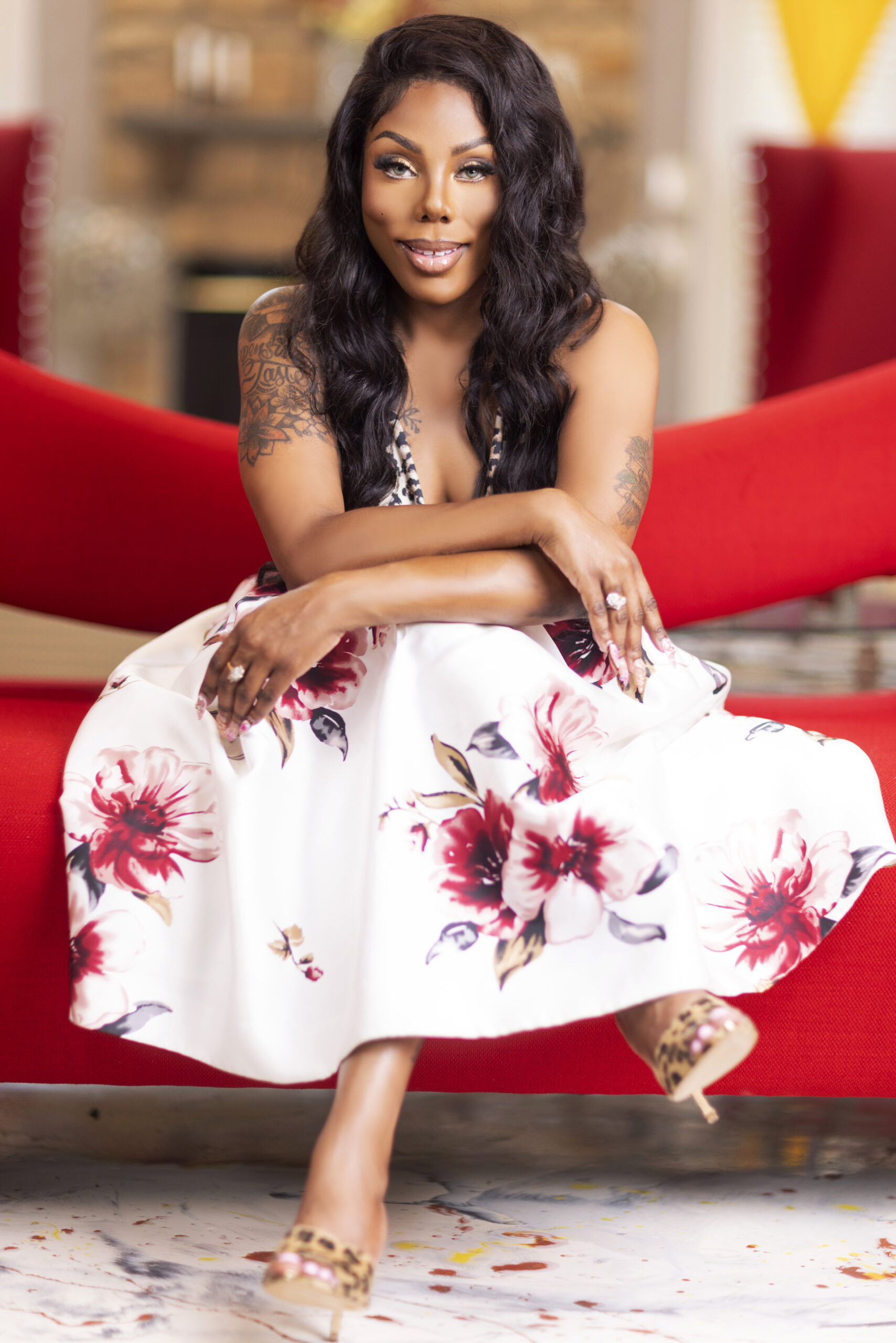( ENSPIRE Feature ) Dr. Wright’s Biography “Wake Up, Mr. West”: Kanye West and the Double Consciousness of Black Celebrity Examines the Hip-Hop Icon’s Career and Controversies
ENSPIRE Contributor: Sophia Kang
From donning the MAGA hat in 2018 to claiming slavery was a choice, Kanye West has become one of the most—if not the most—controversial figure in pop culture. But before we “cancel” him, Dr. Joshua Wright, author of “Wake Up Mr. West”: Kanye West and the Double Consciousness of Black Celebrity, thinks we should consider what it means to be a Black public figure in a white society.
In 1903, civil rights activist W.E.B. Du Bois wrote about the double consciousness of the Black American—a consciousness that demands “always looking at one’s self through the eyes of others,” of white society. “One ever feels his twoness—an American, a Negro; two souls, two thoughts, two unreconciled strivings; two warring ideals in one dark body, whose dogged strength alone keeps it from being torn asunder,” Du Bois wrote in The Souls of Black Folk. In “Wake Up, Mr. West”, Dr. Wright proposes Kanye West as a Black celebrity wrestling with this double consciousness.
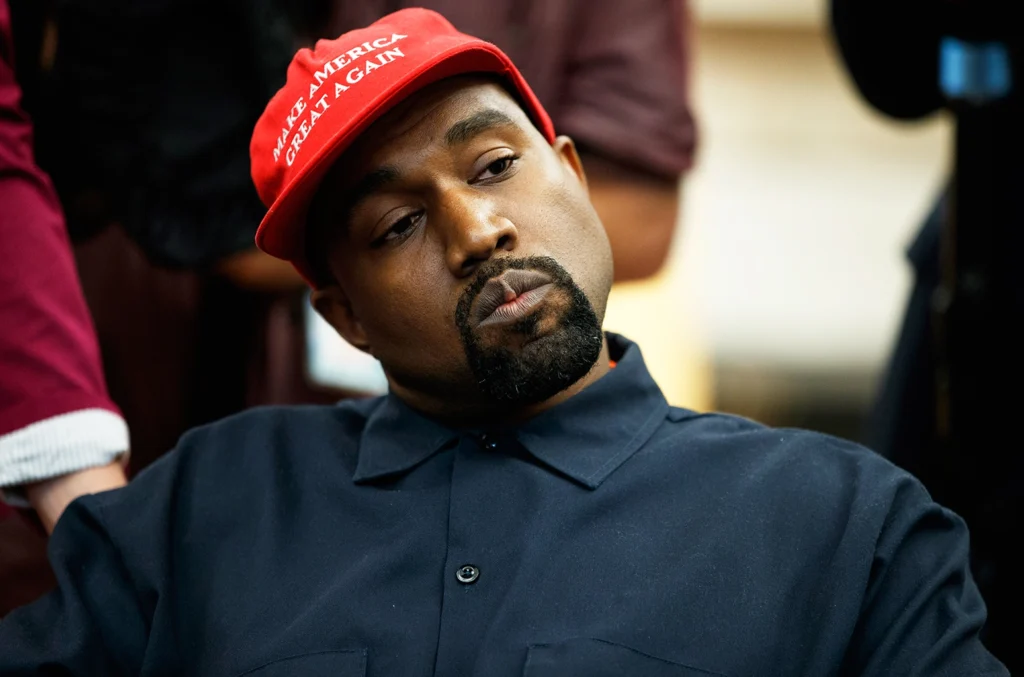
“Kanye is the ultimate contrarian,” Dr. Wright said. “Whatever people say he should do, he will do the exact opposite. For example, when the norm was for rappers to wear baggy clothes and talk about drugs, hustling, and gangsta stuff, he came out with the pink Polo, backpack, and loafers, saying, ‘I’m so self-conscious.’ Then, fast-forward to the 2018 TMZ interview, and he’s wearing the MAGA hat and saying slavery is a choice. Here is the contrarian again.”
ENSPIRE spoke with Dr. Joshua Wright about why Kanye is like that one “outspoken uncle who visits for Thanksgiving.”
How did writing this book affect your own reckoning with Kanye West as a public figure? How much do you sympathize with Kanye, given the “double consciousness” that Black celebrities, including Kanye himself, face?
When I began the book, I was disappointed in Kanye West, like many Blacks. I thought about canceling him, too. But the whole concept of “cancel culture” is problematic and a waste of time. We expect our celebrities to be perfect or to remain the icon or jewel we fell in love with when they first stepped onto the scene. Those lofty expectations are unrealistic.
My research has shown me how Kanye West has evolved over nearly twenty years. Whether we agree or disagree with the direction of his music and life, it is not fair to cancel him, question his Blackness, or deny the magnitude of what he has contributed over these two decades just because he may fail to live up to our expectations.
We need to stop placing so much emphasis on celebrity culture. The celebrity in the Black community has had exaggerated importance because the celebrity’s success and mainstream acceptance uplifted the race. Likewise, the celebrity’s downfall or failure strained the entire race. Although some celebrities can meet these expectations, most cannot. If we stop placing our trust, hopes, and dreams in people that we do not really know, we will not be disappointed when they do or say the wrong thing—or, in Kanye’s case, wear the wrong (red MAGA) hat.
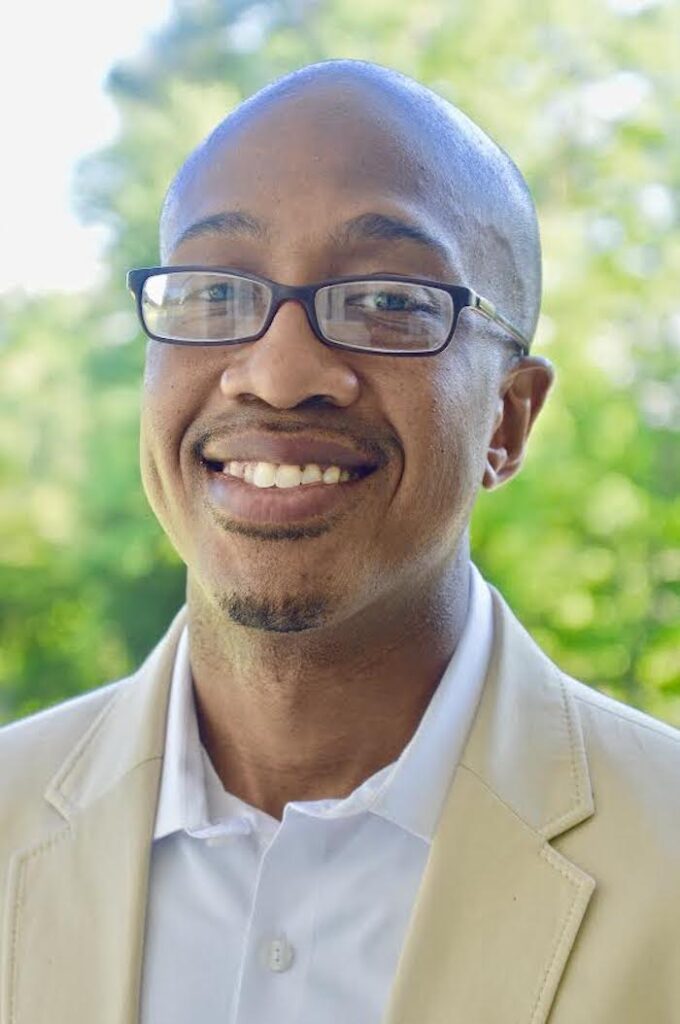
What do you think is the biggest misconception about Kanye?
A lot of people think Kanye has an obsession with whiteness. His role models appear to be wealthy white men, and he loves European luxury brands. We have seen his dating history. Others say Kanye exploits Black people for a seat at the “white man’s table.” I view Kanye as the ultimate contrarian who always has to go against the grain. When most Black celebrities in the hip-hop generation were mute on social issues in the early 2000s, he told the world George Bush doesn’t care about Black people. When most Black celebrities are solid advocates for Black Lives Matter and pro-Black issues, he has spoken on other topics.
Kanye doesn’t care about upsetting white or Black audiences. Freedom has always been an underlying theme in his music and rhetoric. He wants the world to know that he is a free Black man who can do and say whatever he wants and not be pigeonholed because he is Black or a rapper.
I was recently asked if Kanye West is a leader for Black America. While you and I may not consider him a leader, we must remember that the Black community is not a monolith. As a result, Kanye is a leader, rightly or wrongly, for some Blacks who share his views or admire his astonishing wealth. (He is one of only 17 Black billionaires worldwide.)
The goal of your book is to help people understand the double consciousness of the Black celebrity. What do you hope people will do with this understanding?
I wanted to use Kanye’s career and life as a case study on the Black celebrity in America. I hope that people can use this book to engage in deeper dialogues and conversations on race, class, fame, identity, and what it means to be an exceptional Black man or woman in a white-centric American society.
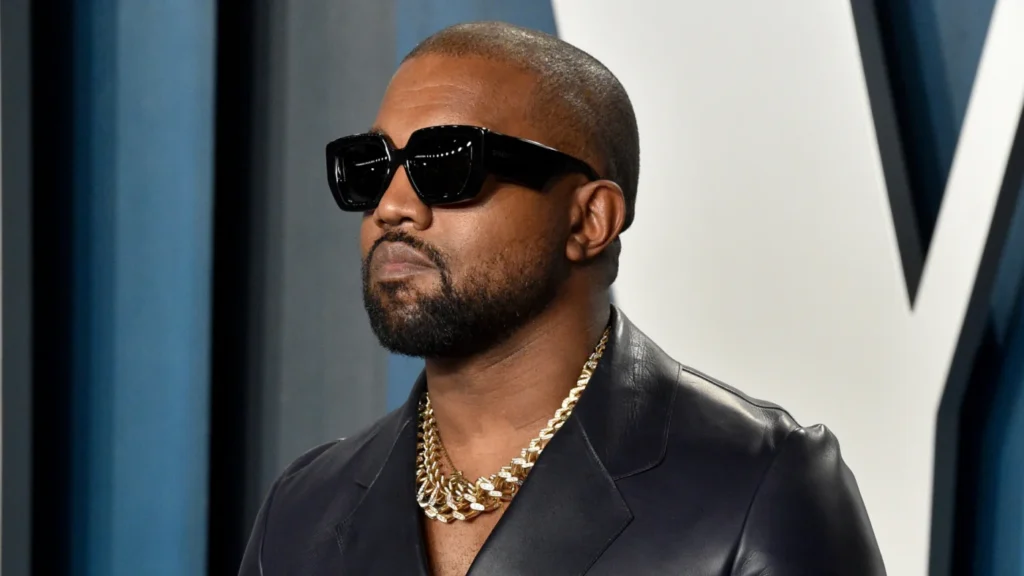
Why is it important that people understand the “double consciousness” of Black celebrities?
W.E.B. Du Bois, one of the leading Black scholars and activists at the turn of the 20th century, argued that Black Americans have two competing identities—seeing themselves as American and seeing themselves as Black people living in a white-centric American society. “It is a peculiar sensation, this double-consciousness, this sense of always looking at one’s self through the eyes of others, of measuring one’s soul by the tape of a world that looks on in amused contempt and pity. One ever feels his two-ness—an American, a Negro; two souls, two thoughts, two unreconciled strivings; two warring ideals in one dark body…” Du Bois said.
The celebrity’s privileged status does not exempt them from the added cost of being Black in America. Nor does their fame make them immune to this so-called double consciousness. There is a double burden of being “too Black” for some mainstream (or mostly white) audiences and “not Black enough” for some Black audiences.
Black celebrities have often had to choose between being a spokesperson for their race or the builder of a personal brand endorsed by individuals outside of and with little vested interest in the Black community. This responsibility could impact every aspect of their lives, from choosing where to live to whom to marry, whom to vote for, and how to use their platform.
What was the most difficult part about writing “Wake Up, Mr. West?”
Kanye West is such an unpredictable character. Every day there were, at times, 2-4 new stories about him. I wanted to keep the book as current as possible. One thing I may have written about him two weeks ago would be outdated and incorrect two weeks later. It was also challenging to write a book that could be used in college classrooms and respected by other academics but still readable for the masses of Kanye West and hip-hop fans who are not in college.
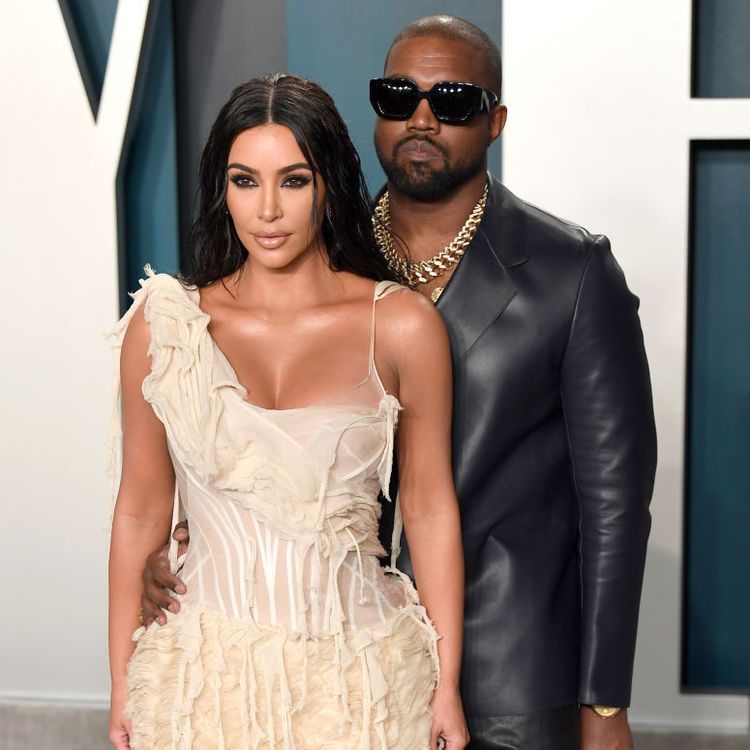
How much of the book involved research and how much came from your own knowledge of Kanye West?
This book is a serious academic study rather than a traditional music biography written by a music journalist or Kanye West devotee. I began researching this book in 2018. At the time, I was already a co-editor, with two other professors, of a special issue on Kanye for the Journal of Hip Hop Studies.
The book tackles several issues (race, class, celebrities, politics, religion, and mental health) and references 250 past and present Black celebrities, in addition to Kanye. Consequently, writing the book required a considerable amount of research. I express my personal opinions and rely on prior knowledge when appropriate. I want this book to be a resource that other scholars of popular culture can use today and for years to come.
Do you consider yourself a fan of Kanye?
I have always been a fan of Kanye’s music and fashion inroads. I appreciate how he shifted paradigms about Black masculinity. While I disagree with most of his political views and have been bothered by much of his rhetoric over the past four years, I still find him very intriguing and worth listening to. His Sunday Services are a good way to bring young people to Christ when they are not excited by more traditional church worship. In addition, his public struggles with mental illness have forced us to have needed conversations on that once-taboo topic in Black households.
Kanye is like that cousin who comes to the family reunion or the outspoken uncle who visits for Thanksgiving. You always love them, but you know they are liable to say something that will embarrass and piss everyone off before the reunion or the holiday ends.
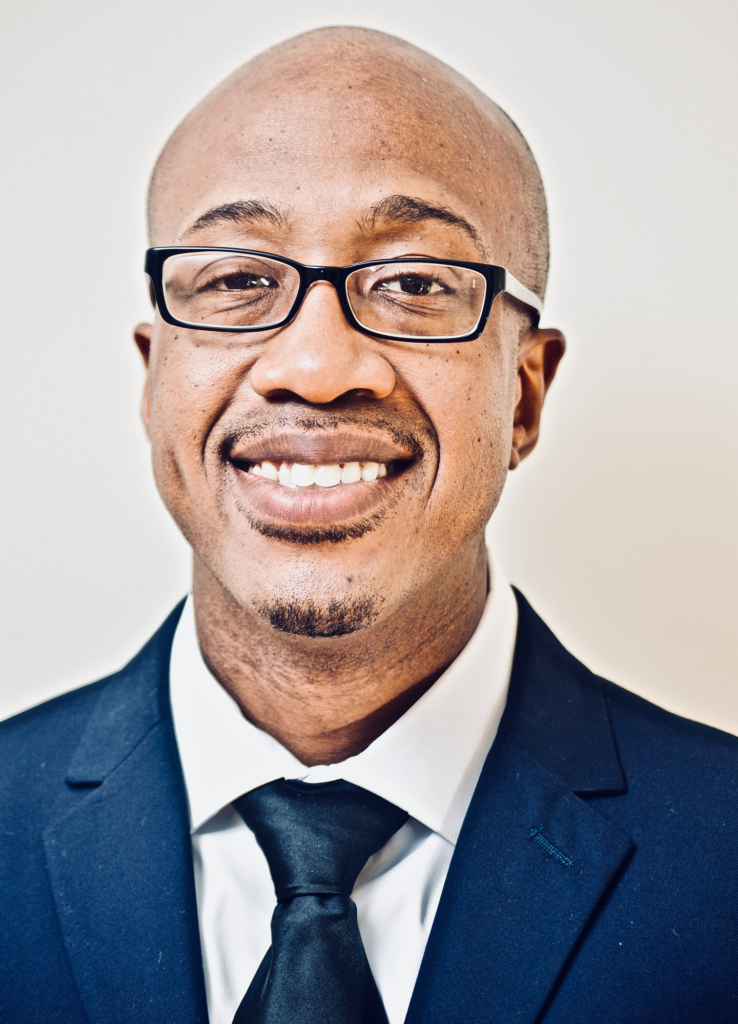
About Joshua Wright
Dr. Joshua Wright is an Associate Professor of Global Affairs at Trinity Washington University. His research focuses on American history, Black studies, and pop culture. Dr. Wright hosts the Woke History podcast on NPR One.
Purchase “Wake Up, Mr. West”: Kanye West and the Double Consciousness of Black Celebrity here.
Related Article: Rapper “Call Me Ace” Makes His Author Debut



